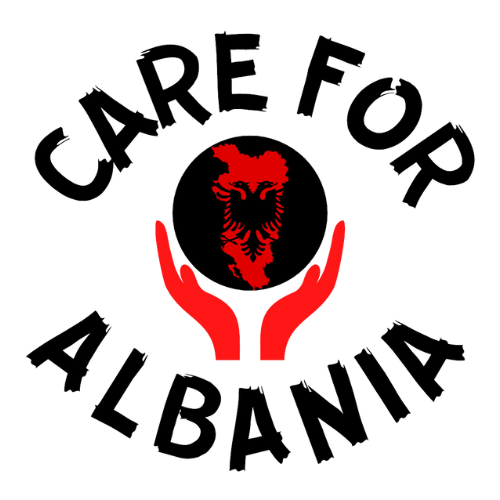The Struggles of Albanian Elderly: Navigating Basic Needs and Isolation Amidst Migration
Albania, a small country nestled in the Balkans, has witnessed a significant increase in migration among its younger generation in recent years. Driven by the pursuit of a better life and future, many Albanians have left their homeland in search of economic opportunities abroad. While this trend has undoubtedly brought positive changes to the country's economy, it has also left behind a vulnerable group - the elderly. In this blog, we will shed light on the challenges faced by Albanian elderly, who often struggle with basic needs such as food, warmth, medicine, and isolation due to the migration increase.
1. Food Insecurity:
One of the most pressing issues faced by the elderly in Albania is food insecurity. With limited financial resources and a lack of support, many elderly Albanians find it difficult to afford nutritious meals. The absence of family members who have migrated leaves them without a reliable support system, exacerbating their struggle to meet their basic dietary needs. Non-governmental organizations and community initiatives have been working to address this issue by providing food assistance programs and establishing community kitchens to ensure that the elderly have access to regular meals.
2. Lack of Warmth and Shelter:
As the younger generation migrates in search of better economic prospects, the elderly are often left behind in dilapidated homes with inadequate heating systems. Harsh winters in Albania can be particularly challenging for the elderly, who may lack the means to keep themselves warm. The government and various organizations have initiated programs to improve housing conditions for the elderly, ensuring they have access to proper insulation, heating, and shelter.
3. Limited Access to Healthcare and Medicines:
The migration of younger Albanians has also resulted in limited access to healthcare and medicines for the elderly. With a shrinking workforce and strained healthcare infrastructure, the elderly often face difficulties in receiving timely medical attention and accessing essential medications. This issue is further compounded by the lack of transportation options, making it challenging for the elderly to reach healthcare facilities. Collaborative efforts between the government, healthcare providers, and NGOs are crucial to ensure that the elderly receive the care and medication they require.
4. Social Isolation and Loneliness:
The migration trend has not only impacted the physical well-being of the elderly but has also led to increased social isolation and loneliness. With their children and grandchildren living abroad, many elderly Albanians find themselves without regular companionship and emotional support. This isolation can have detrimental effects on their mental health and overall well-being. Community centers, social clubs, and intergenerational programs can play a vital role in combating loneliness and fostering a sense of belonging among the elderly population.
While Albania's economic growth and the migration of its younger generation have brought positive changes to the country, it is crucial to address the challenges faced by the elderly left behind. Ensuring access to basic needs such as food, warmth, and healthcare, as well as combating social isolation, should be a priority for the government, NGOs, and society as a whole. By recognizing and addressing the struggles faced by the elderly, Albania can strive towards a more inclusive and compassionate society that values the well-being of all its citizens, regardless of age.


